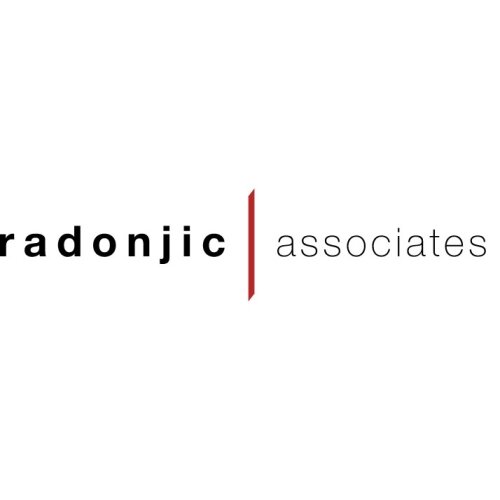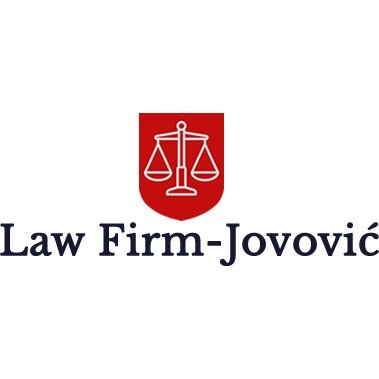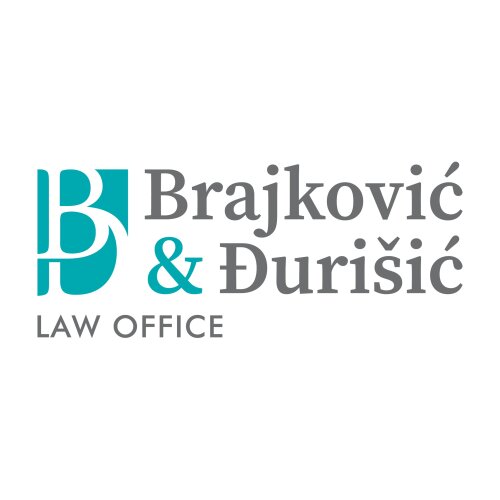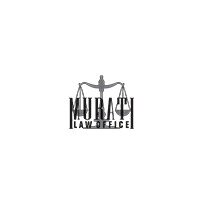Best Commercial Real Estate Lawyers in Montenegro
Share your needs with us, get contacted by law firms.
Free. Takes 2 min.
Free Guide to Hiring a Real Estate Lawyer
Or refine your search by selecting a city:
List of the best lawyers in Montenegro
About Commercial Real Estate Law in Montenegro
Commercial real estate in Montenegro has been experiencing notable growth and transformation as the country increasingly becomes a sought-after location for real estate investments in the Balkans. With its picturesque coastal areas and strategic position as a gateway to Europe, Montenegro offers extensive opportunities for investment in commercial properties such as hotels, retail spaces, office buildings, and industrial facilities. Legally, commercial real estate transactions and developments in Montenegro are subject to specific legal frameworks that govern property rights, zoning laws, environmental regulations, and leasing agreements.
Why You May Need a Lawyer
There are several scenarios where engaging a lawyer can be valuable in the realm of commercial real estate in Montenegro. These include:
- Buying or selling commercial property, requiring thorough due diligence to avoid potential legal pitfalls.
- Negotiating and drafting leases for tenants or landlords to ensure all terms are fair and legally sound.
- Understanding land use and zoning regulations to ensure compliance and avoid fines or legal disputes.
- Resolving disputes over property boundaries or ownership involving multiple parties.
- Advising on tax implications and incentives that apply to commercial real estate transactions.
Local Laws Overview
When engaging in commercial real estate activities in Montenegro, it is essential to be familiar with the following key aspects of local laws:
- Land Ownership: Foreigners can purchase real estate in Montenegro, but certain restrictions apply when it comes to agricultural land and military zones.
- Zoning: Laws govern land use, dictating what types of buildings can be constructed in specific areas, which impacts commercial real estate development.
- Contracts: Real estate contracts must be notarized and registered in public records to be legally binding.
- Taxes: Real estate transactions are subject to transfer taxes and value-added taxes, and commercial properties are subject to property taxes.
- Environmental Laws: Developments must comply with environment protection regulations, especially regarding coastal or ecologically sensitive areas.
Frequently Asked Questions
1. Can foreigners own commercial real estate in Montenegro?
Yes, foreigners can buy and own commercial real estate in Montenegro. However, they face restrictions on certain types of property, such as agricultural land and property in strategic zones.
2. What taxes apply to commercial real estate transactions?
The main taxes include a property transfer tax, which is typically 3% of the purchase price, and in some cases, VAT, especially for new developments.
3. What should I include in a commercial lease agreement?
Essential elements include rent amount, lease duration, renewal terms, responsibilities for repairs and maintenance, and clauses regarding subletting and termination.
4. How can zoning laws affect my commercial real estate project?
Zoning laws dictate permitted developments, land usage types, building sizes, and other architectural guidelines, which directly influence project feasibility.
5. Do I need a local partner to invest in commercial real estate?
A local partner is not legally required, but having one can be beneficial for navigating regulatory processes and understanding market dynamics.
6. What are the steps for registering property ownership?
Registering property involves signing a notarized sales agreement followed by registration with the local real estate cadastre to make ownership official and public.
7. Are there incentives for investing in certain types of commercial real estate?
Yes, the government often provides incentives, especially for investments in tourism and energy-efficient buildings, to encourage development in these sectors.
8. How is commercial real estate financed in Montenegro?
Financing options include bank loans, foreign investments, and local private partnerships. Conditions vary based on the project size and investor profile.
9. What are the usual due diligence procedures for commercial properties?
Due diligence typically involves verifying property titles, checking zoning laws, assessing environmental compliance, and reviewing financial records of existing leases.
10. How can disputes related to commercial real estate be resolved?
Disputes can be resolved through negotiation, mediation, arbitration, or litigation, depending on the severity and nature of the disagreement.
Additional Resources
Several organizations and governmental bodies offer resources and help for those dealing with commercial real estate in Montenegro:
- Montenegro Real Estate Administration: Offers official property records and cadastral services.
- Ministry of Urbanism and Spatial Planning: Provides information on zoning and building regulations.
- Montenegro Business Alliance: Offers networking opportunities and information for investors.
Next Steps
If you require legal assistance in commercial real estate, consider the following steps:
- Research and shortlist experienced real estate attorneys in Montenegro.
- Schedule consultations to discuss your specific needs and understand their expertise.
- Gather necessary documents and clear objectives before your meetings.
- Choose a lawyer who not only has expertise but also communicates clearly and understands your investment goals.
Lawzana helps you find the best lawyers and law firms in Montenegro through a curated and pre-screened list of qualified legal professionals. Our platform offers rankings and detailed profiles of attorneys and law firms, allowing you to compare based on practice areas, including Commercial Real Estate, experience, and client feedback.
Each profile includes a description of the firm's areas of practice, client reviews, team members and partners, year of establishment, spoken languages, office locations, contact information, social media presence, and any published articles or resources. Most firms on our platform speak English and are experienced in both local and international legal matters.
Get a quote from top-rated law firms in Montenegro — quickly, securely, and without unnecessary hassle.
Disclaimer:
The information provided on this page is for general informational purposes only and does not constitute legal advice. While we strive to ensure the accuracy and relevance of the content, legal information may change over time, and interpretations of the law can vary. You should always consult with a qualified legal professional for advice specific to your situation.
We disclaim all liability for actions taken or not taken based on the content of this page. If you believe any information is incorrect or outdated, please contact us, and we will review and update it where appropriate.
Browse commercial real estate law firms by city in Montenegro
Refine your search by selecting a city.
















